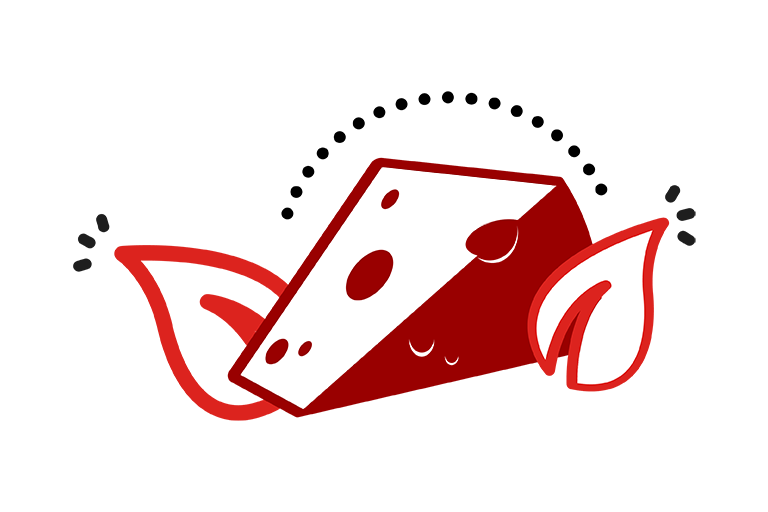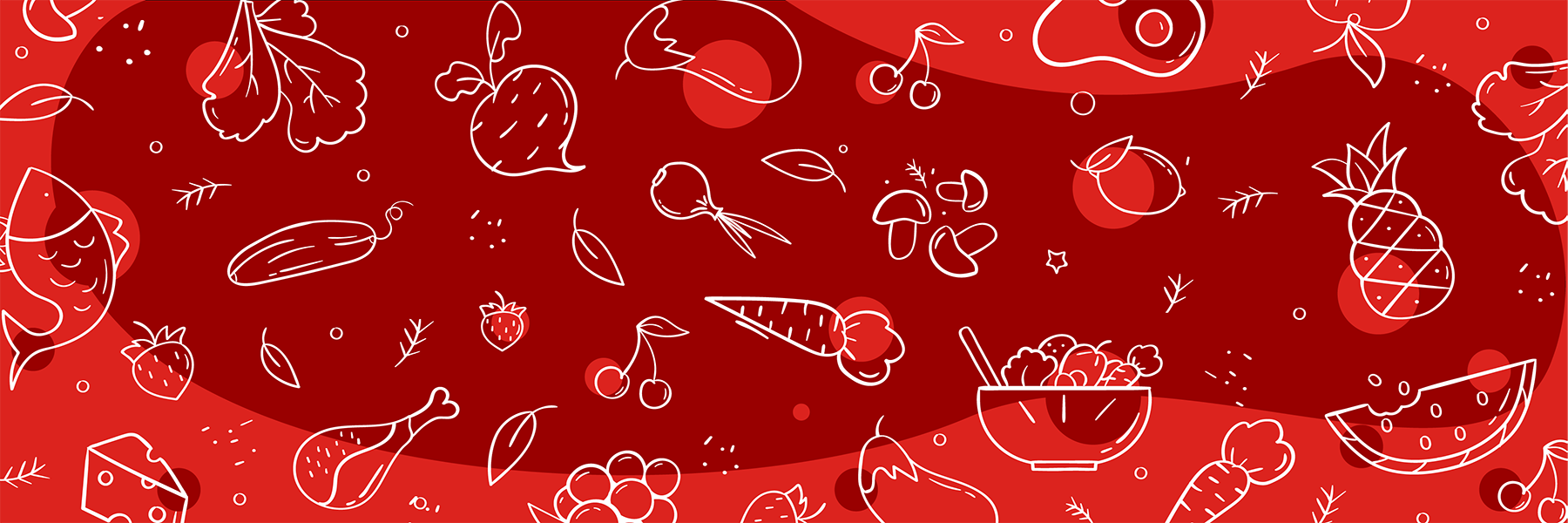New year, new habits? Healthy IU dietitian Steven Lalevich shares five food-type substances he personally avoids. “I’m not a fan of foods that pretend to be something they’re not. I think it’s better to either eat the real thing or find a real alternative.”
5 food items to avoid from an IU dietitian

1. Margarine. If your cholesterol is normal, a little butter is a better option. If you have high cholesterol and need to limit your saturated fat intake, extra-virgin olive oil is a great alternative for most applications, like drizzling on bread or adding to vegetables.

2. Artificial colors. This is one of the disqualifiers of the Real Food Challenge, and for good reason. Many studies demonstrate that artificial food colorings can cause negative health effects, including neurobehavioral effects in children. There are natural food dyes that some manufacturers use as a safer alternative, but I’d rather my food be its natural color.

3. Plant-based meats and cheeses. Whether you’re eating an omnivorous diet or a plant-based one, it’s important to choose mostly whole foods and limit ultra-processed food intake. Real meats and cheeses are whole foods and are rich in essential nutrients. The same is true for whole-food plant proteins like beans and nuts, but fake meats and cheeses fall well within the ultra-processed food category.

4. Coffee creamer. Coffee creamer is basically just sugar and vegetable oil, two of the most common—and least healthy—ingredients in our food supply. Actual cream is better. Or try using milk as a lower-fat option.

5. Maple-flavored sugar syrup. Real maple syrup tastes far better than the fake versions, though neither is healthy to eat in abundance. Try including some fruit like bananas or berries with your pancakes or waffles to reduce the need for using a lot of syrup.


